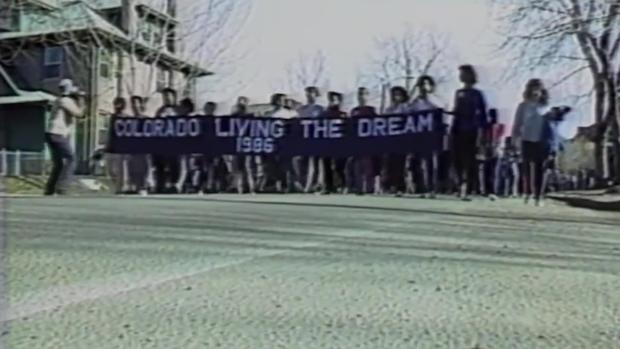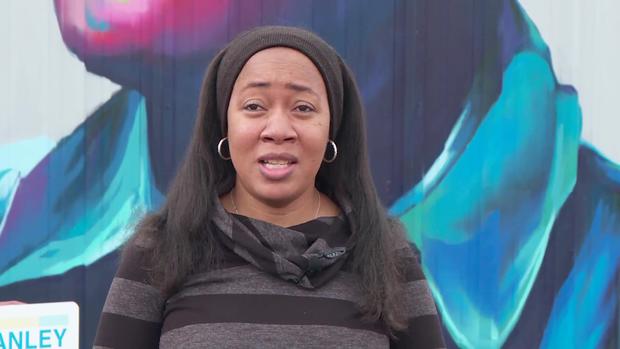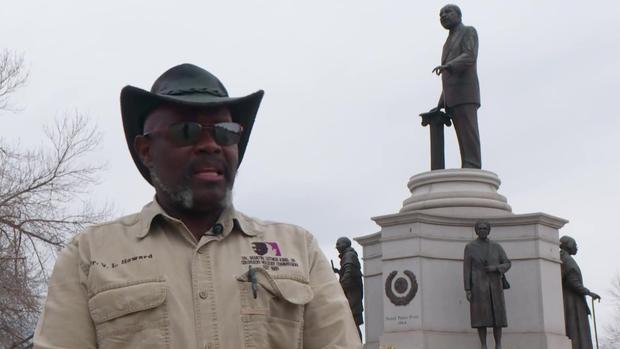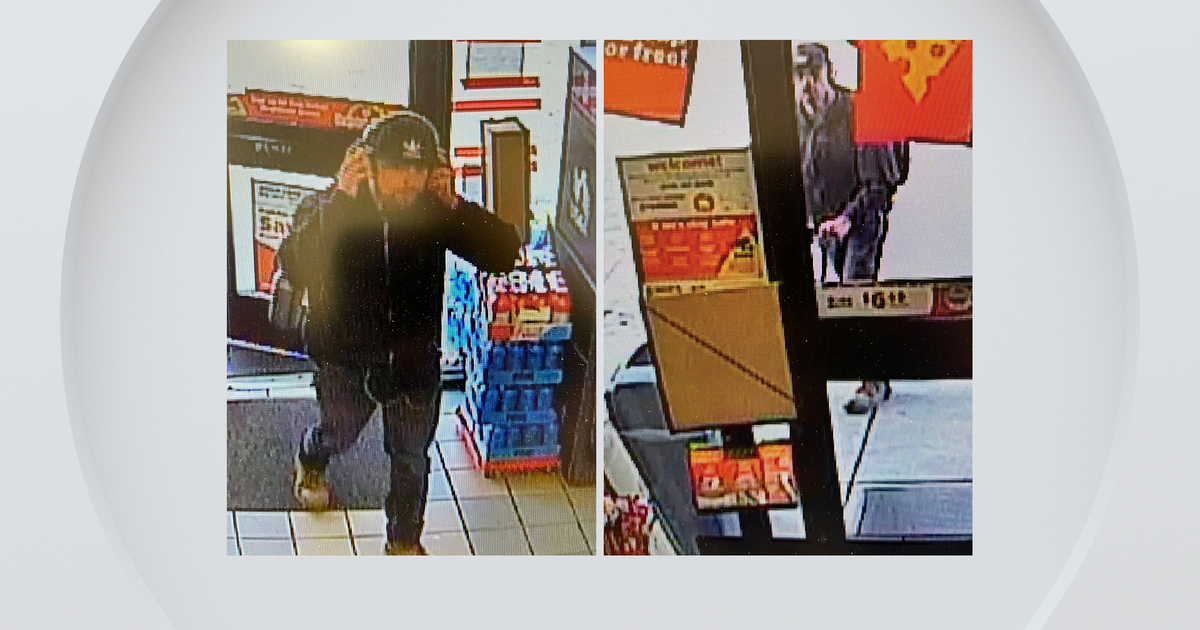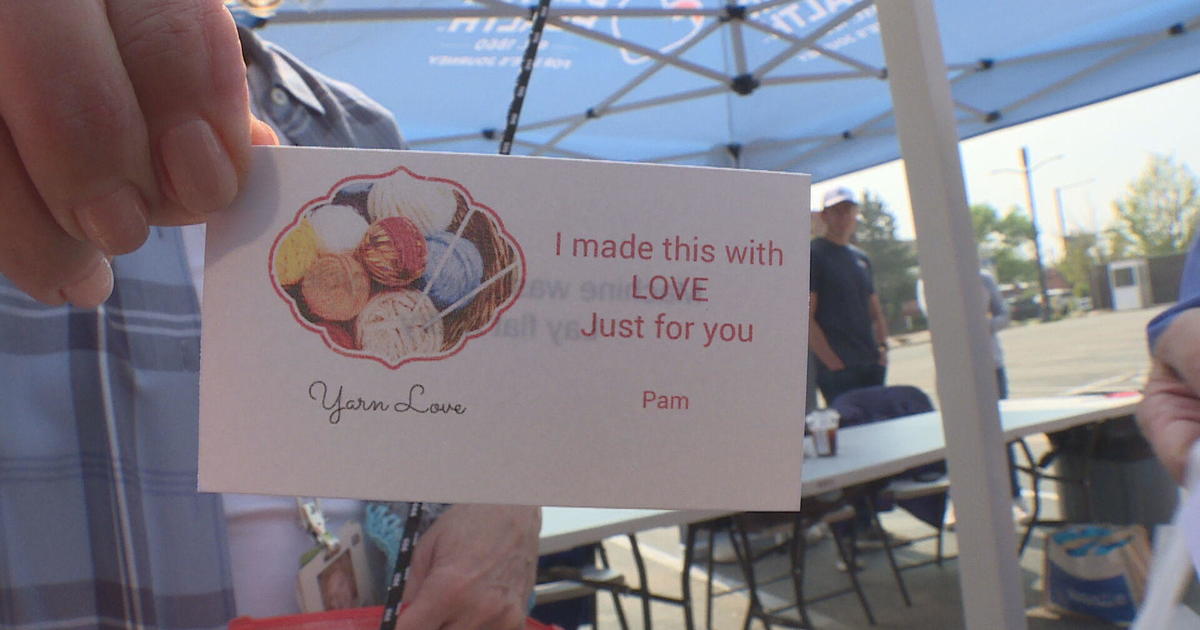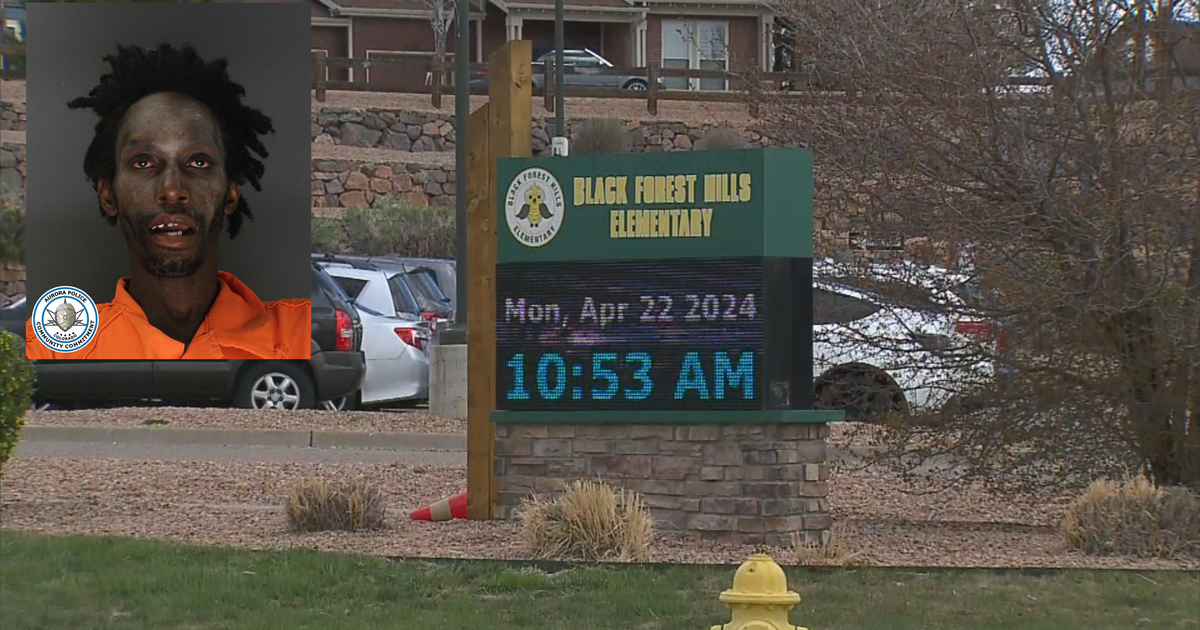Black Colorado Leaders Stress Need For Continued Movement & Social Justice
DENVER (CBS4) - The history of Black Coloradans protesting and demonstrating for racial justice dates back well into the previous century, but in the modern era the most recognized gathering associated with civil rights is the Dr. Martin Luther King, Jr. Holiday Commision Marade. A summer of unrest in 2020 challenged the well-known approach to marching and activism with a new style of protesting for the lives of many including Elijah McClain.
"The Marade is the standard bearer," said Dr. Vern L. Howard, the chairman of the commission. "We decided to march down Colfax to the State Capitol. We got attention."
Howard says the origins of protesting in Colorado includes miners in southern Colorado and standing up against the KKK in Denver's Five Points neighborhood. But years later he was there at the first Marade in 1986, an event to celebrate the work and life of King.
"It happened right here. It was big, it was beautiful, we had some 20,000 people, the sun shined, it was a beautiful day in January," he told CBS4 while standing in City Park at the MLK statue. "We're going to have to do it the way Dr. King did it. We're going to have to march and shut down the city."
It was only meant to be a one-time event, but it became an annual tradition to celebrate the progress made and advocate for more change. Falling in January ahead of the state's legislative session, it created an opportunity to push politicians on the issues the Black community cared about each year.
"The people didn't allow it to die, the people kept it alive," he said. "Change is not one of those things that happens overnight, it takes time."
The death of George Floyd last May gave new energy to the movement fighting for Black lives across the country, including in Colorado. Activists trying to get more attention and justice in local cases felt the difference immediately.
"People had time to focus their energies on social justice," said Lindsay Minter, civil rights organizer and member of the Citizens Oversight Taskforce for Aurora police. "They used shock tactics in order to get their point across and I think that we've done that as well."
Minter has worked with the families of Black men and women who are calling for racial justice after losing a loved one. She says the work they've done in the past year alone has got them results, building on the diversity of tactics King and Malcom X did decades before them.
"When you stand up, you take risks. When you have something that you're passionate to fight for, you're going to be looked at one way or another," she told CBS4. "People will either love you or hate you."
Minter felt there could not be just a celebration of the past because there needed to be a fight for the future. She saw the evolution that was happening in Colorado. Wearing "Black Lives Matter" was so controversial at one time, she felt uncomfortable because of the reaction from others. Now she says it is a statement people understand. A concept Howard agrees with as well.
"Black Lives Matter. All Lives Matter. However, not all lives can matter until Black Lives Matter," he said on the matter.
As the story of Elijah McClain was reexamined and gained national attention, Minter was working with others to create unique demonstrations for the cause. McClain was walking home from a convenience store with ski goggles on in August 2019, when someone called 911 to report a suspicious person. Police tried to arrest him, he resisted and was put in a hold and tackled to the ground. He was not armed but eventually given a sedative and suffered a heart attack. He was pulled off life support days later.
"There is this need for a perfect victim," Minter said about his case.
While the country took notice of his case and followed it closely, she worries that he was unique because of his character and actions. He was viewed as peaceful and she believes he was tortured. People were affected in a way that hadn't been by other cases. Young people were also touched by someone their age becoming a headline. But she hopes they will also show up for other cases, even if someone does not have the incredible profile McClain had.
"Right now we need change and right now we still need to fight," she said. "People are people and nobody is perfect and I think we need to stop picking and choosing who we stand up for."
Over several months the work in McClain's name included using a dance line to demonstrate, a violin vigil to honor his life, and surrounding the Aurora police station with protestors. They also marched on Interstate 225, shutting down traffic. Minter says all of this has helped lead to investigations as well as changes in policy and oversight by city government.
"There will always need for protest, there will always be need for local voices to be heard," she said. "This movement is attached to our lives, it's attached to our livelihood, and it's a matter of life and death."
But she hopes that the country will one day become what it was meant to be and that justice will come to Colorado as well. Then she believes a celebration will finally be necessary. A concept similar to what the organizers of the Marade have long said as well. When their event can simply be a parade.
"That means all justice has been done. That's means that everyone is being treated equally," said Howard.
